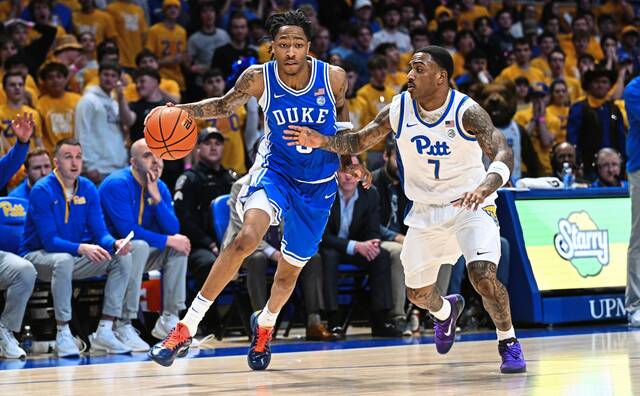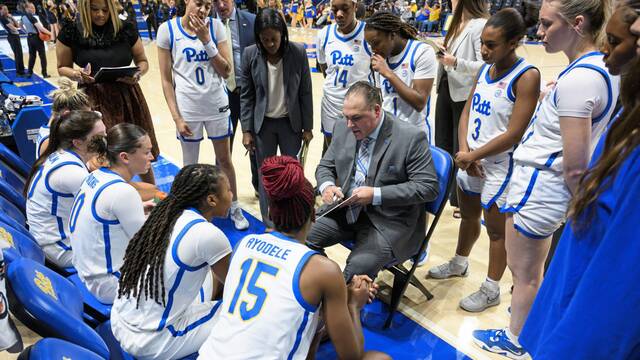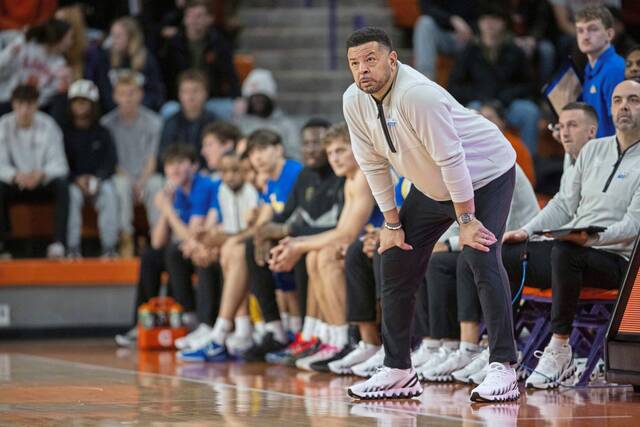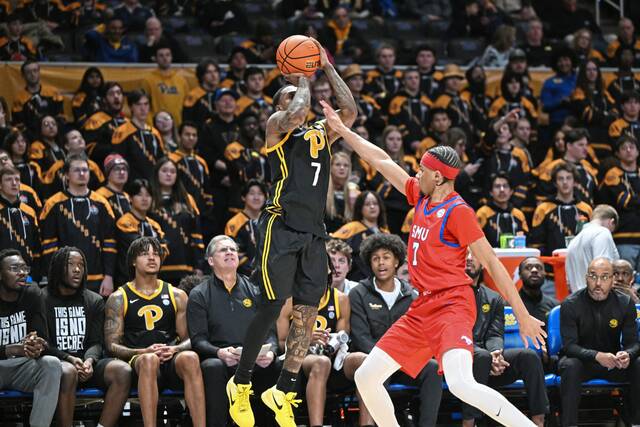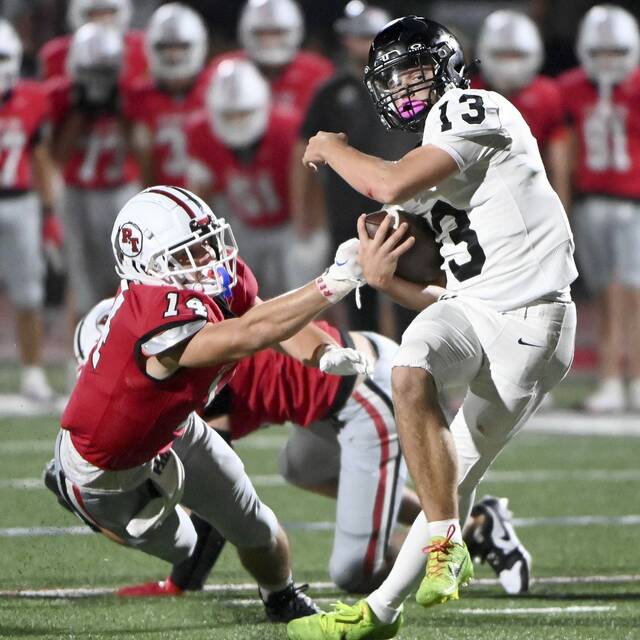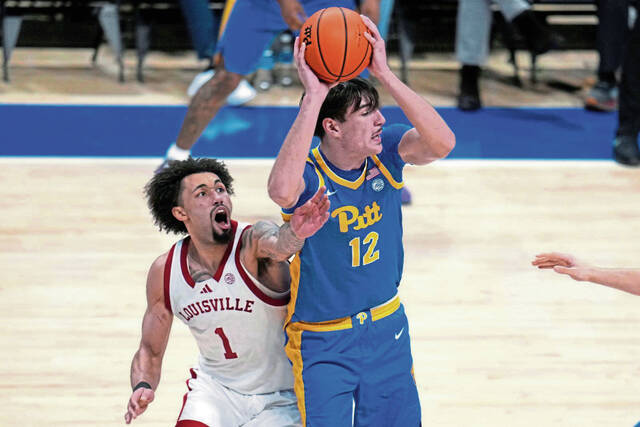Times change, athletes’ physicality changes and, as a result in college football this season, rules change and the game changes.
In an attempt to shorten games and reduce the number of plays — and, by extension, reduce the number of collisions and injuries — the NCAA instituted a rule change in which the game clock continues to run after every first down (except for the last two minutes of every half). Just like in the NFL.
Previously, the clock stopped and play was held up while the chains were reset.
Looking at a small sample size (three games), there are slightly fewer plays and points and shorter games this season, according to The Athletic. Per game, plays are down from 182.3 to 176.2 and points from 56.3 to 53.9. Six minutes have been sliced from game times from 3 hours, 22 minutes to 3 hours, 16 minutes.
If that sounds like insignificant change, you’re probably not a coach.
“It certainly has changed the game because that clock ticks down really fast,” Pitt offensive line coach Dave Borbely said.
Borbely said for teams that fall behind, “there’s a tendency you want to score and score fast. You’re forced to have to throw it. We got out of rhythm with the run game and had to throw it a little bit more (in the loss to North Carolina).”
That’s the situation Pitt confronted in all three of its defeats before visiting Virginia Tech on Saturday night in Blacksburg, Va. With the exception of the Wofford game, the Panthers have not held a lead at any time in the second half.
One way to make the clock work in your favor is to maintain possession of the football. Again, that was a problem for Pitt through the first four games. Pitt’s time of possession was ninth in the ACC (30:37), down from 33:14 through 13 games last season. Pitt also was 12th in the ACC in first downs per game (19.5, two short of its 2022 average).
Pitt defensive line coach Charlie Partridge knows how to reverse the TOP problem: Get more turnovers.
Pitt only had three in the first four games after averaging 1.7 per game last season (22).
Partridge deflects praise directed at the defense for standing 11th in the nation in sacks per game (3.5). It’s nice, but he’s not impressed. He said sacks do not impact games if your team is losing.
“(Sacking the quarterback) is part of our goals, part of one of the individual stats that we take a look at,” he said. “Certainly, something we take a lot of pride in. But we have to find a way to force more takeaways.
“The No. 1 stat, everyone knows this. It’s been worn out because it’s true: You have to find a way to take the ball away and give the offense extra possessions.”
In the Panthers’ three losses, they have had 12, 11 and 12 drives on offense. Last season, Pitt had 13 or more in 10 games and won seven. In close games, one or two extra possessions make a difference.
Where would Pitt have been without a 14th scoring drive at the end of the Sun Bowl against UCLA? On the losing end of another bowl game, and staring at an unremarkable 8-5 season.
“It’s real,” Partridge said, “and we have to find a way to get the ball back.”



